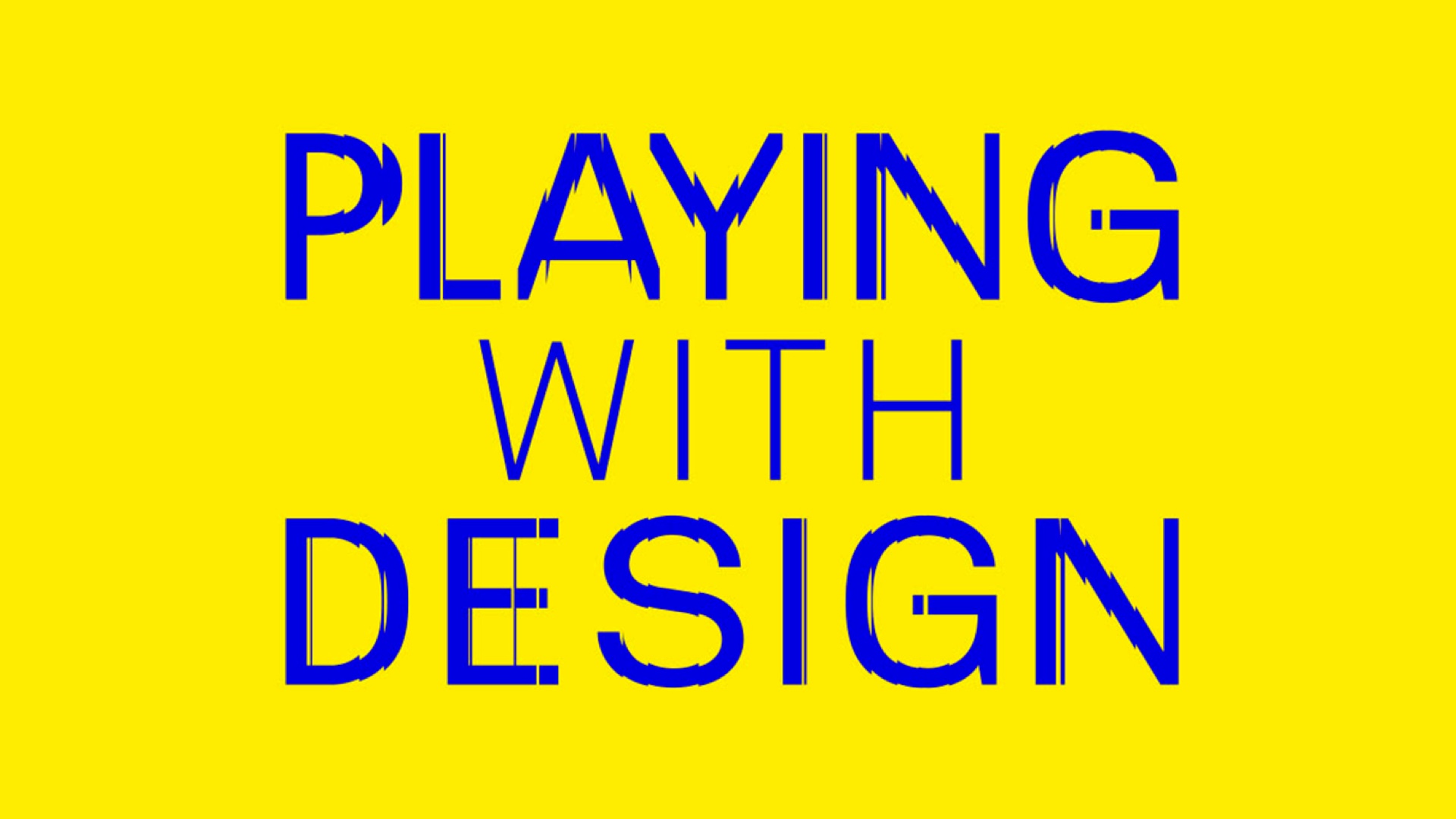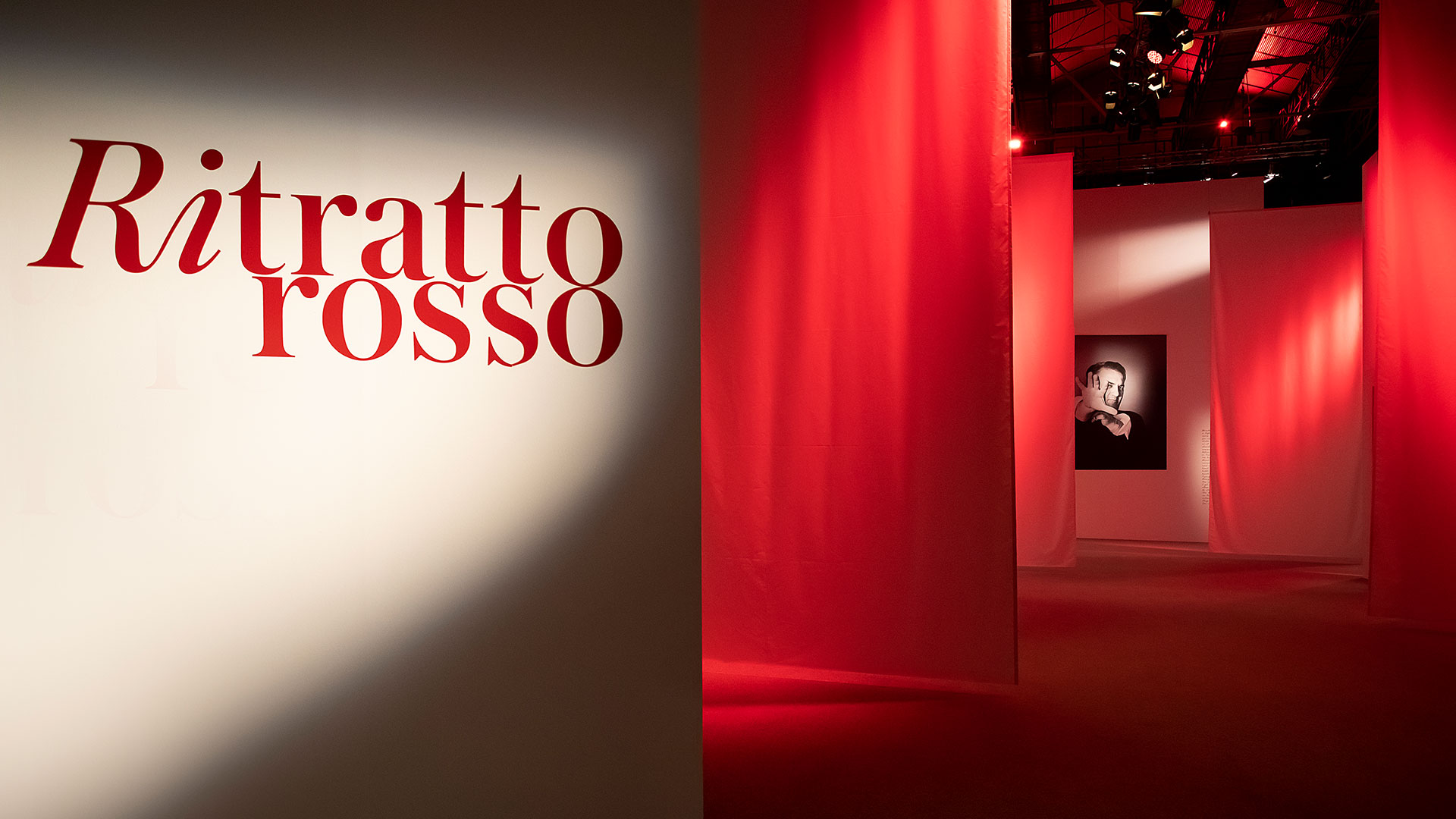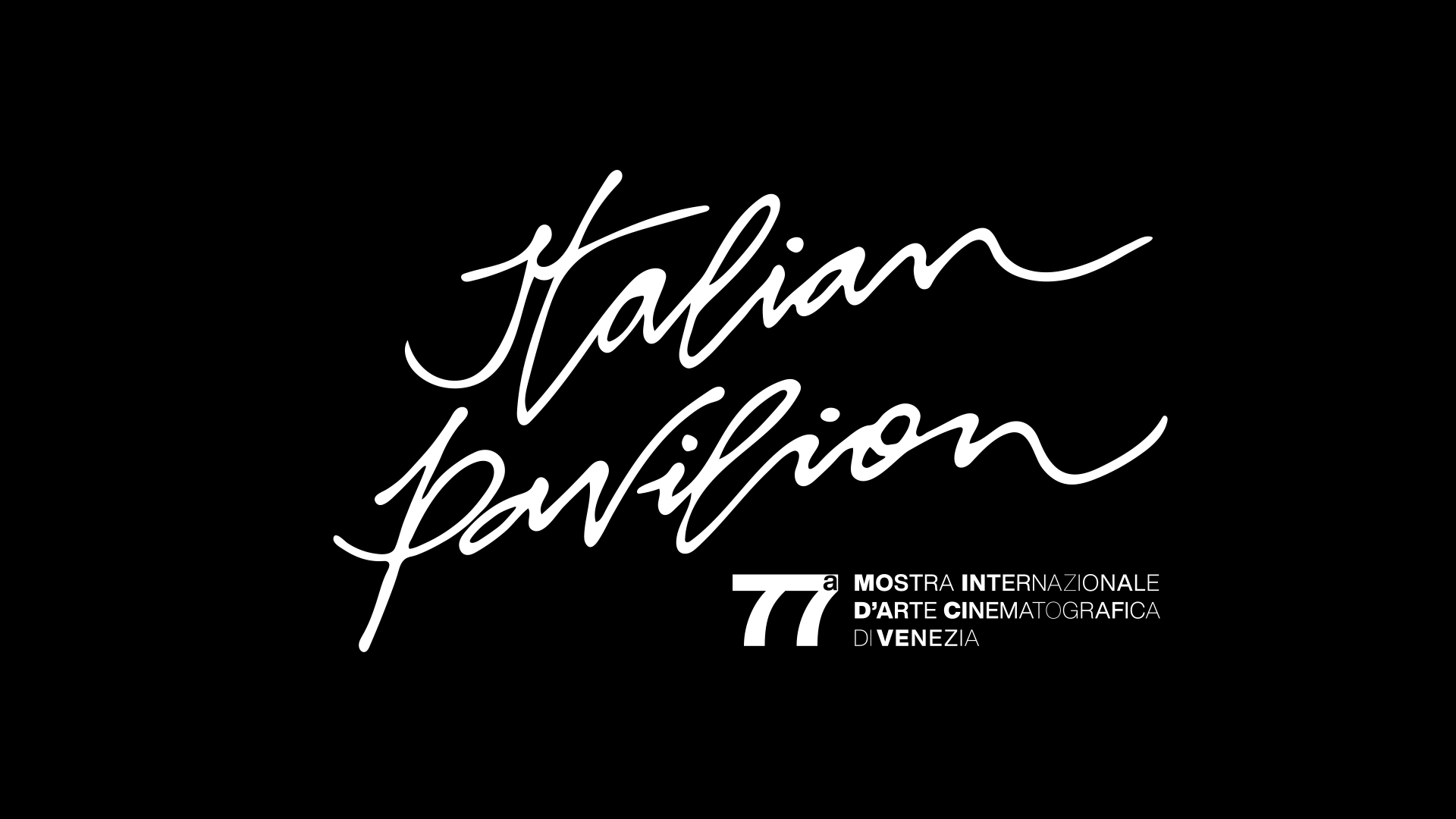The opening talk of the exhibition dedicated to Olivetti culture and design, its designers and the always fascinating portable typewriters took place in such a wonderful location as the Museo di Santa Caterina in Treviso.
It is no secret how crucial the contribution of architecture and design was to the Olivetti company, yet it is impossible for our culture not to go over once again the various processes and phases that actually changed an era, while forever shaping our present (also through design).
As part of the opening talk for the “Design and Culture exhibition according to Olivetti Thought”, running until June 20 at the [e]Design Festival in Treviso, Beniamino de’ Liguori Carino (Secretary General of the Adriano Olivetti Foundation), Enrico Bandiera (Director of the Olivetti Historical Archive Association) and Emanuele Cappelli (Designer and Creative Director), share with the Trevisian audience the story of an era through Olivetti’s style, which lives to this day in such iconic and revolutionary design objects.
During the grand opening of the new Olivetti plant in Pozzuoli (in 1955), Adriano Olivetti, as Beniamino de’ Liguori Carino explains in the video, speaks to his workers about new values. By passing on to people these values and visions, which come from a new way of doing business, he also tried to change the complex structure of capitalism from the inside.
Can industry set goals for itself?
And yet, are these goals simply to be found in the profit index?
Apart from the visible rhythm, is there anything more fascinating, any sort of purpose, any vocation, even in the life of a factory?
Adriano Olivetti
The aforementioned speech was later collected in a now famous essay called “Ai Lavoratori” (“To Workers”) by Edizioni di Comunità. Thus, man is once again the main focus, even within a company context. If we look at the Ivrea plants, designed by the most important architects of that time on Adriano Olivetti’s commission, we soon realise how crucial men and women are to the project. No longer are they just workers, but rather a necessary resource, thus worthy of the factory’s respect. A special care for individuals can be seen in the fully-equipped dormitories, in the libraries and in the recreational areas where people, besides having the opportunity to cultivate their culture on their breaks, can also develop a more human relationship between colleagues.
Olivetti's designers and portable typewriters on show at the [e]Design Festival
For Adriano Olivetti, designers were faithful allies in achieving his visionary design of a new company, and were able to interpret and share with him very revolutionary values for that time.
That is why the [e]Design Festival Artistic Direction in collaboration with the Olivetti Historical Archive and Cappelli Identity Design wanted all of them to be represented in the exhibition, and to be displayed according to each designer’s historical period.
Among the most renowned ones are: Giovanni Pintori, who was for many years art director of the Olivetti Technical Office, and winner of the Italian Advertising Federation’s Palme d’Or (the first of a long series of awards), and Ettore Sottsass, author of advertising posters as well as designer of the famous Valentine typewriter. Another designer, Marcello Nizzoli who signed the design of the unforgettable Lettera 22, a leading product of the 1950s and a symbol of Made in Italy throughout the world, is also present in the exhibition.
Moreover, there are also world-famous designers such as Milton Glaser, one of the world’s most influential graphic designers, and author of the “I love New York” logo. The author, who passed away in 2020 at the age of 90, designed a series of advertising posters for Olivetti’s Valentine and brought major changes to graphic design.
The portable typewriters selected for this exhibition are intended to draw visitors’ attention to an important historical change within society: the latter was indeed, about to go from modernity to what we now call contemporaneity. A new dynamic society, centred on wellbeing and freedom, was emerging and calling for an object capable of interpreting this spirit.
For Olivetti, this call led to the creation of the portable typewriter. It was so light and reliable to the point that it became a true symbol of its time and an inseparable working tool for many Italian and foreign intellectuals, such as Italo Calvino, Sylvia Plath, Pier Paolo Pasolini and Oriana Fallaci.
Emanuele Cappelli, the Cappelli Identity Design studio and designing for Olivetti
Today, Emanuele Cappelli becomes a witness to Olivetti’s values through such an incredible journey as the Olivetti Design Contest. By signing the posters of all the contest editions, he becomes the spokesman of those unforgettable values.
Through the contest he wants to engage students and young designers of the most important (national and international) art and design academies in designing new products and office prototypes.
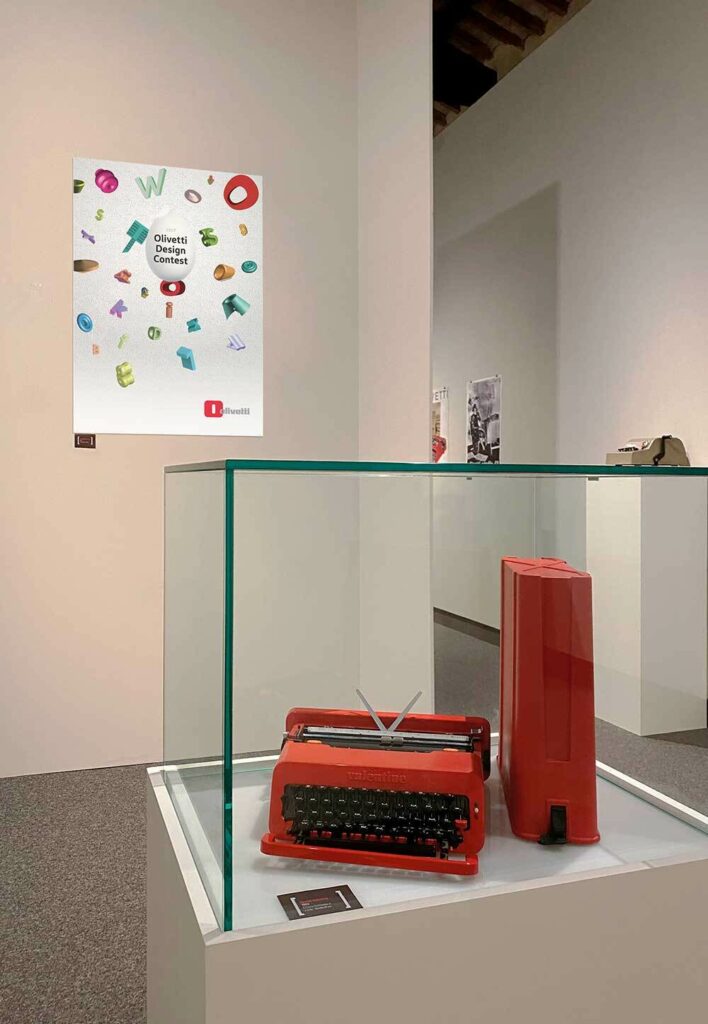
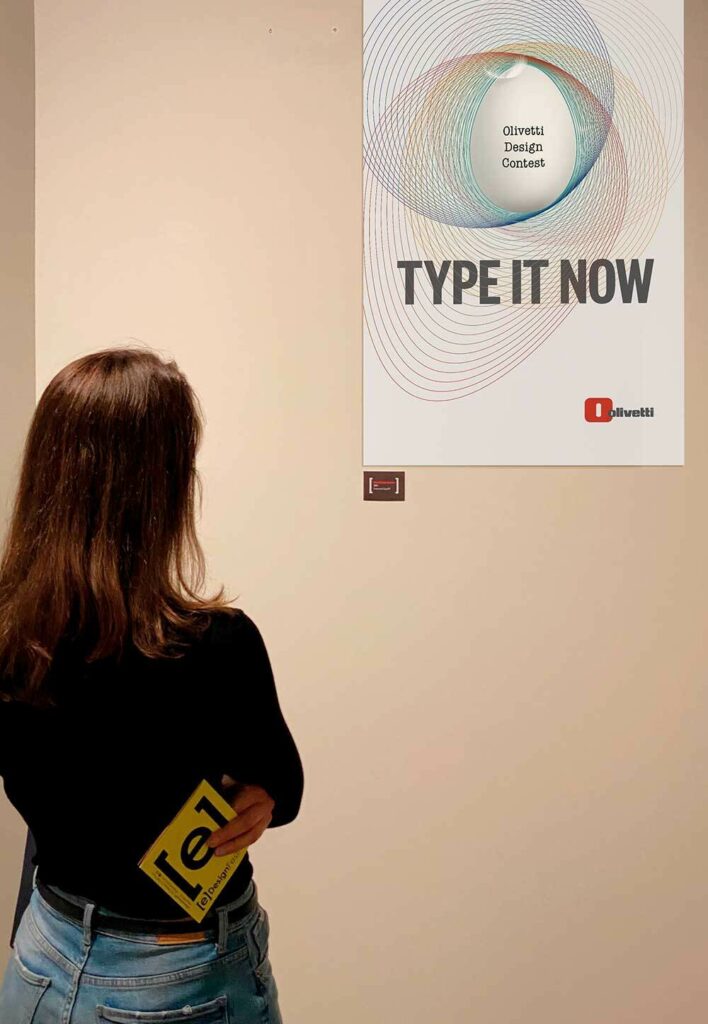
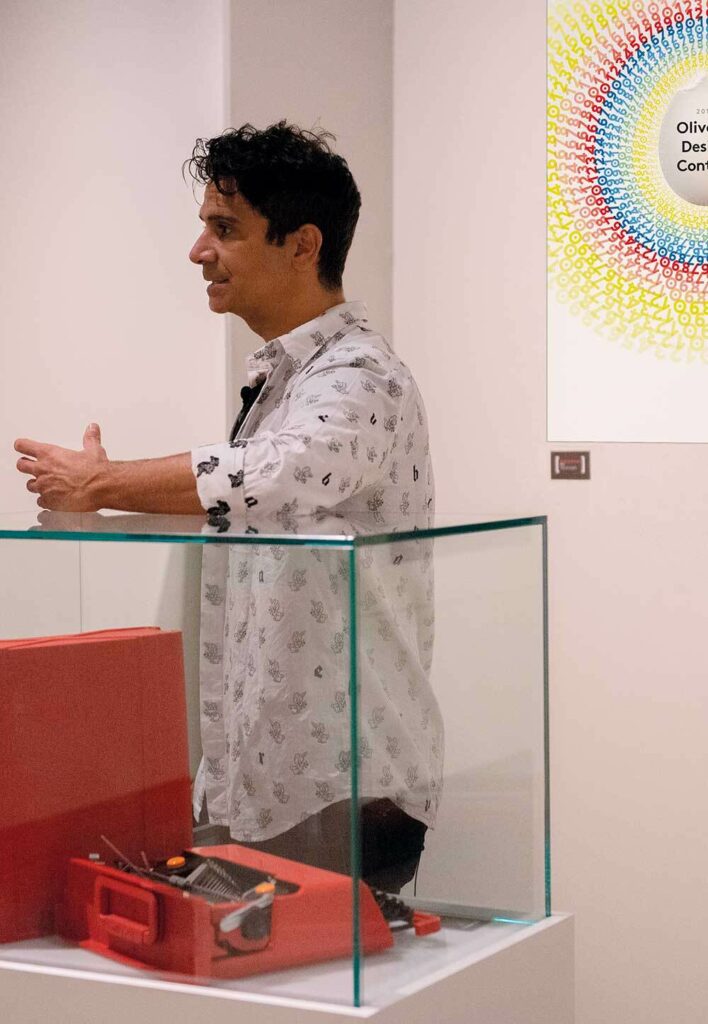
The Cappelli Identity Design studio has always drawn inspiration from Adriano Olivetti’s great vision, and it has done that by trying to apply elements in line with progressive thinking in the studio’s everyday work.
From values such as inclusion and integration up to respect for the environment, it has been actively committed to promote the culture of design. The opportunity to express these values came in 2020, when the studio, led by Emanuele Cappelli, signed the rebranding for Adriano Olivetti Foundation, which is an institution in the protection of Adriano Olivetti cultural heritage.
What is it like to design for Olivetti?
Olivetti is the symbol of democratic design and culture, his values spread through time and enriched it with innovation, thus creating timeless models that respect individuals and their lives. These shared industrial models are based on knowledge, and therefore are revolutionary and effective.
Designing for Olivetti is to participate in these values, to be part of them.
Emanuele Cappelli
We would like to use this opportunity to thank the [e]Design Festival, Luciano Setten and Paola Bellin, who underline the need to still spread such values that are always important for our community. Taking to Treviso such a world-famous reality, that is considered to be a Made in Italy excellence, provides all visitors with the opportunity for enrichment and comparison.
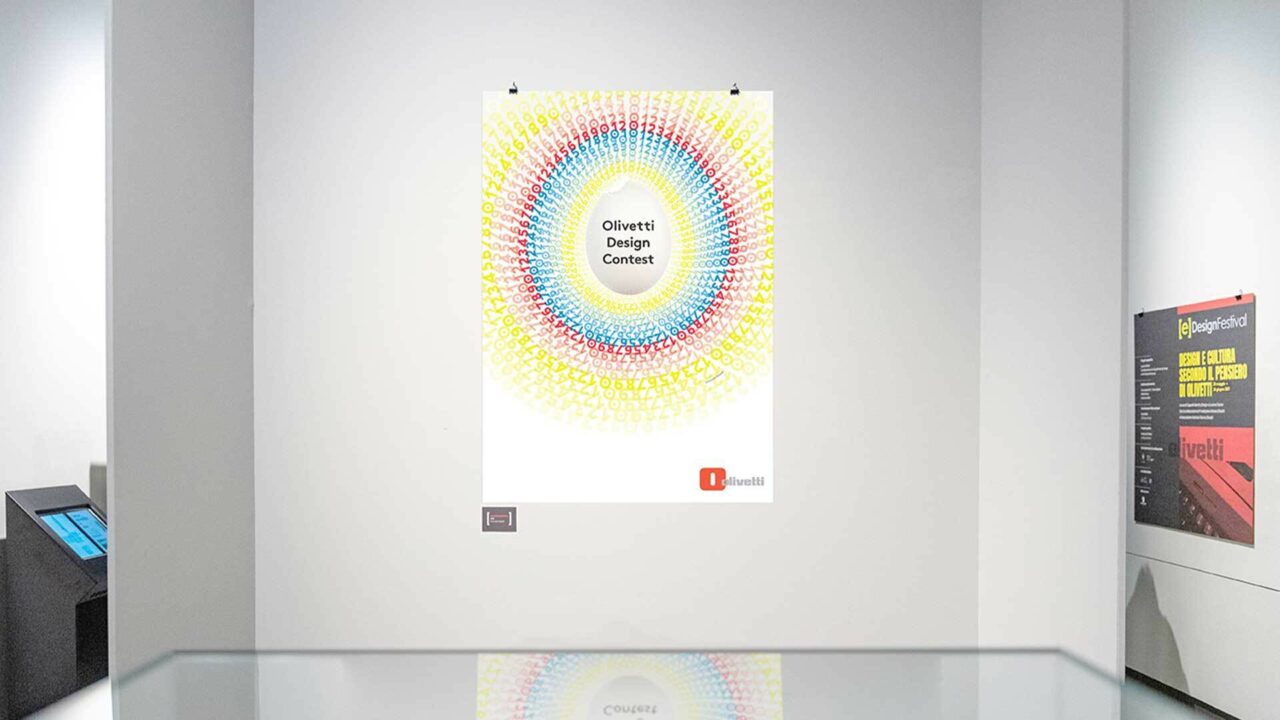
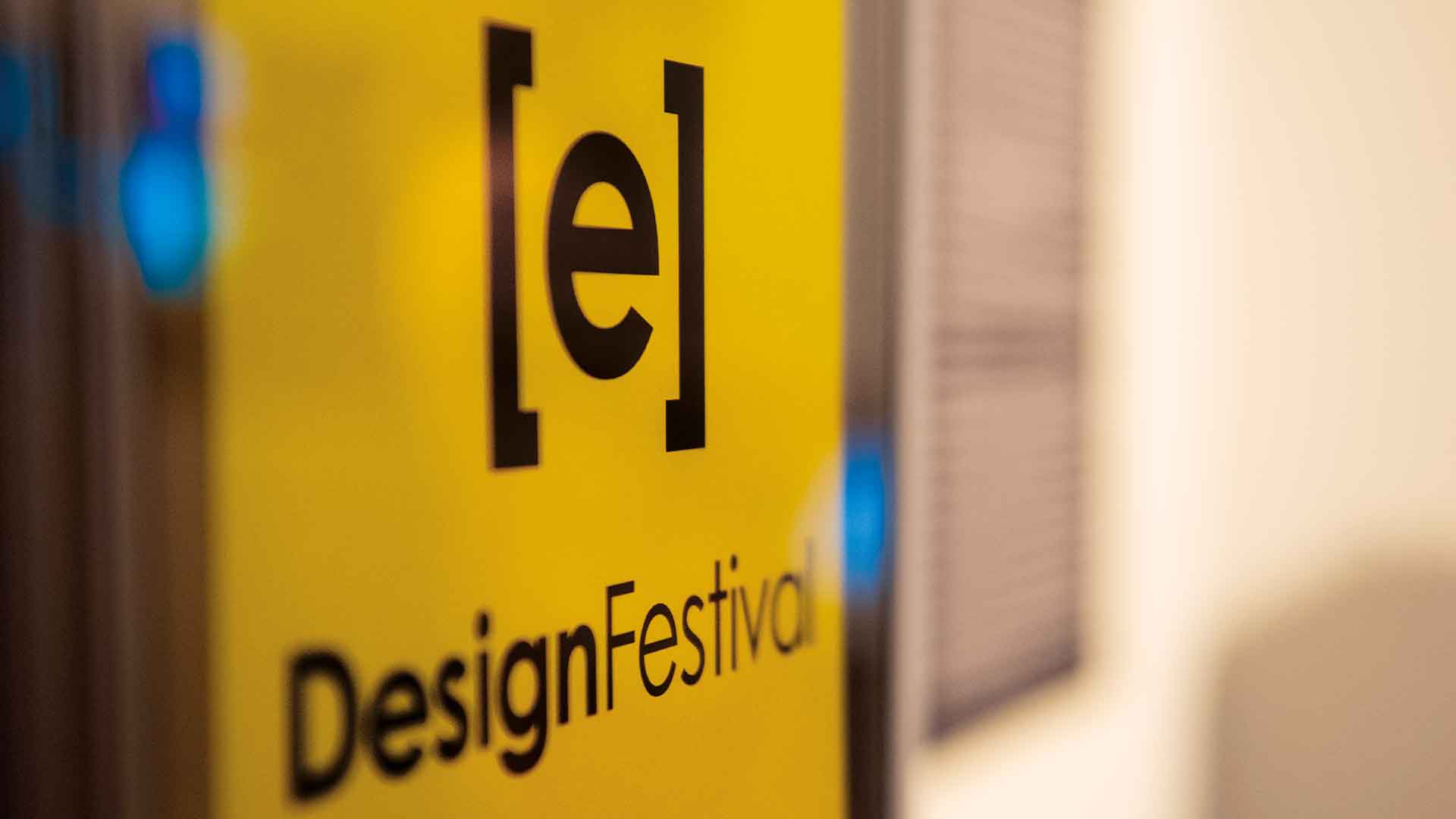
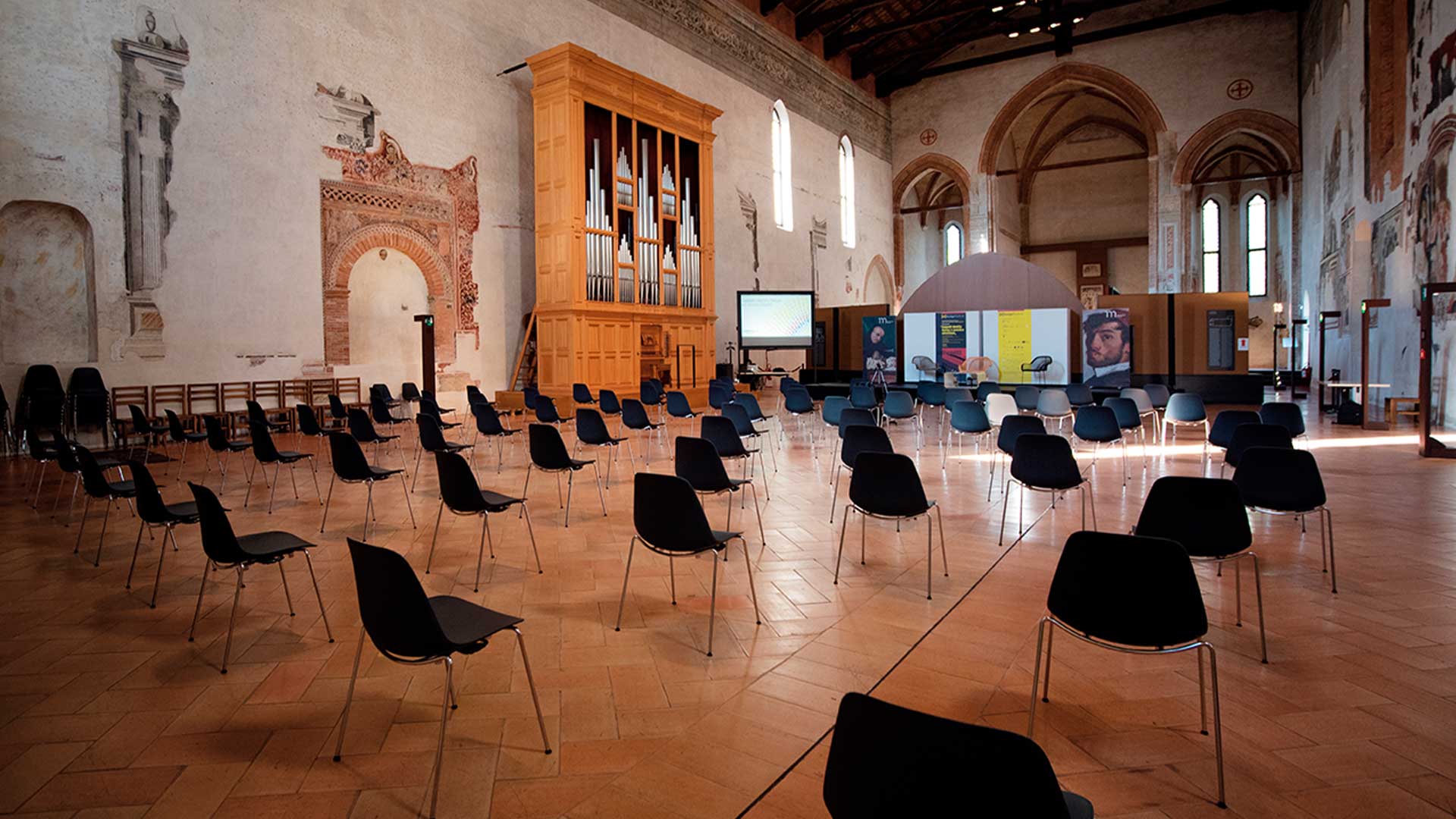
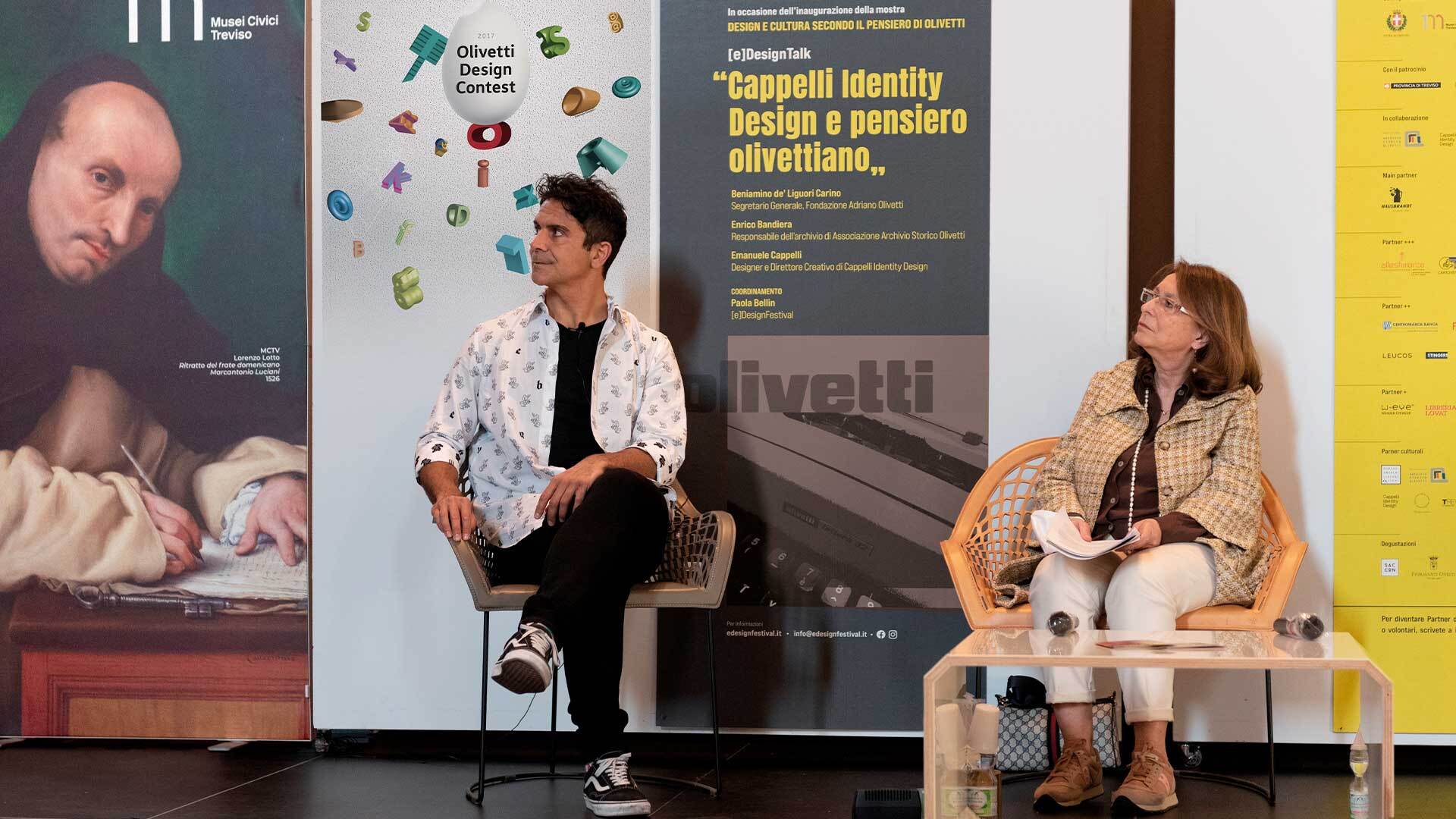
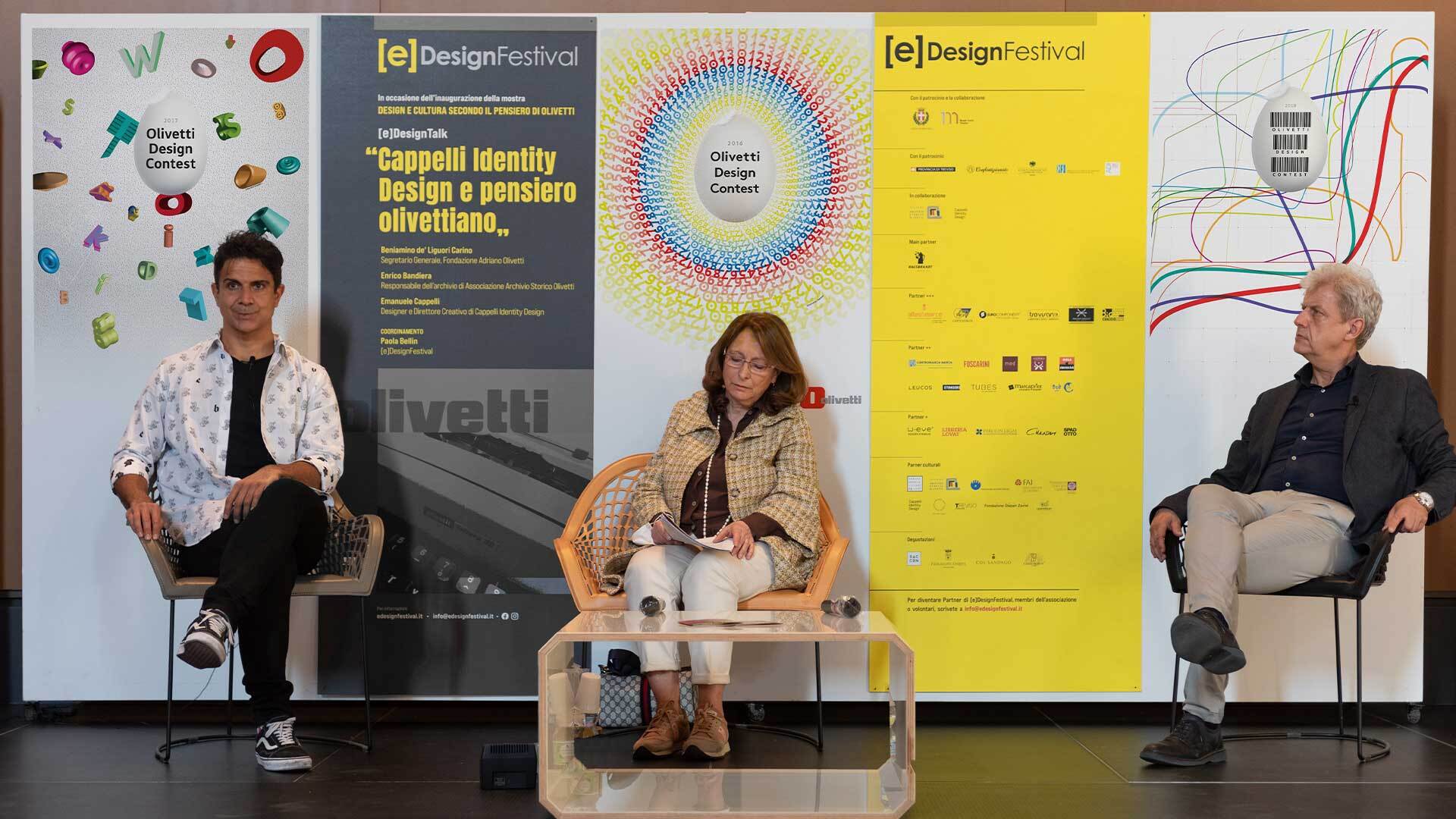
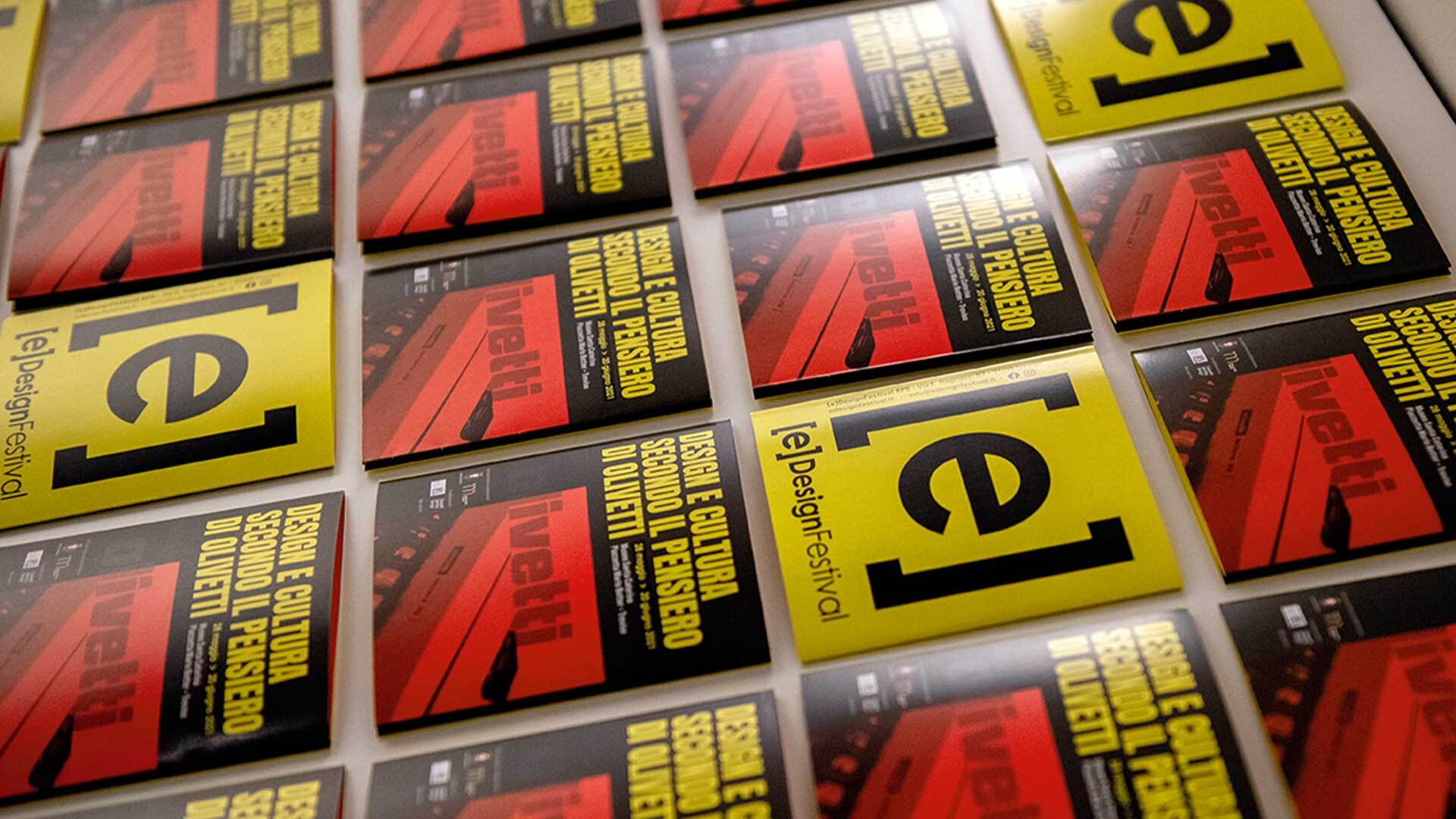
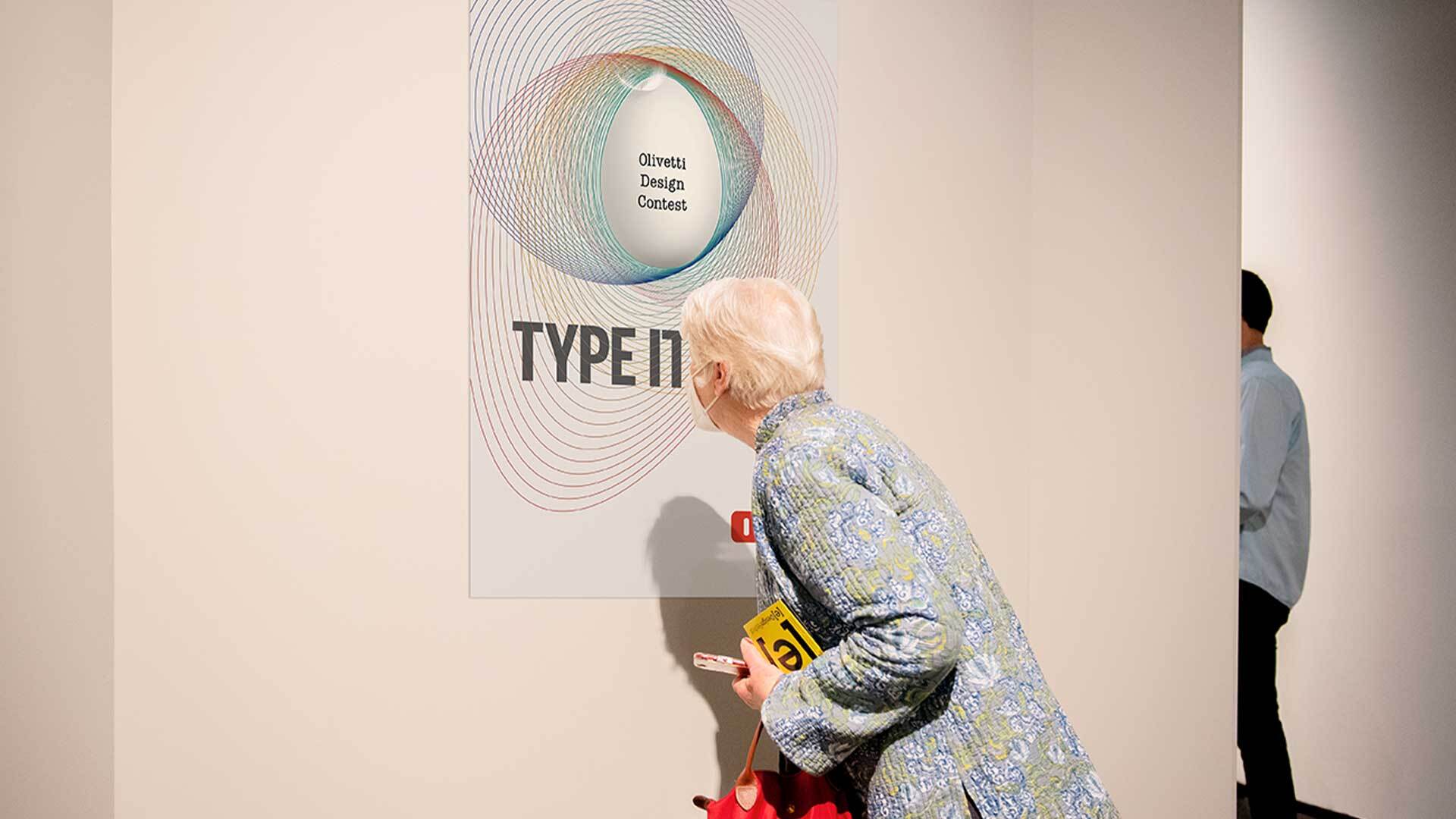
![[E]Design Festival Treviso Talk Zanino Cappelli](https://www.cappellidesign.com/wp-content/uploads/2021/10/1-edesign-festival-treviso-zanino-cappelli.jpg)
